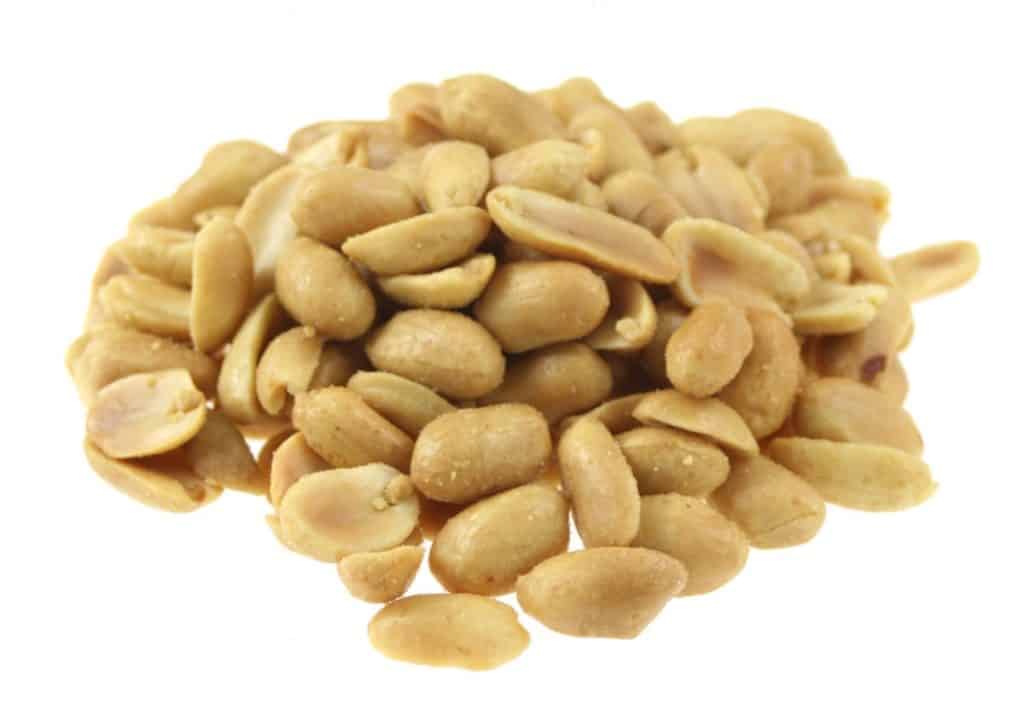
Aimmune’s peanut allergy therapy closes in on approval with promising Phase 3 data
pharmafile | March 26, 2019 | News story | Manufacturing and Production, Research and Development | AR101, Aimmune, allergy, pharma
Aimmune Therapeutics is gearing up for regulatory review of its investigational food allergy therapy AR101 following the release of new data which indicated that the drug met its primary endpoint, enabling allergic patients to tolerate approximately three to four peanut kernels.
According to the Phase 3 data, the proportion of patients who were able to tolerate a 1,000mg dose of peanut protein after receiving AR101 for around nine months of treatment was “significantly higher” compared to placebo.
The findings also demonstrated AR101 improved patients’ median tolerated dose by 100 times, with patients able to tolerate 1,000mg where before they could only tolerate 10mg. Overall, 50.3% of trial participants achieved this upper threshold, compared to 2.4% of placebo patients.
Additionally, no cases of anaphylaxis or of eosinophilic esophagitis (EoE) were observed during the study.
On the back of these results, which are due to be presented at the European Academy of Allergy and Clinical Immunology (EAACI) Congress in early June, Aimmune intends to apply for regulatory approval with the EMA in mid-2019, with an FDA review ongoing with a decision expected up until January 2020.
“The ARTEMIS data demonstrate that most patients exceeded what we consider to be protective levels well before a full year of treatment. It’s gratifying to see how these data build upon the insights gained throughout the entire AR101 programme regarding the desensitization process and the ability of our patients to tolerate relatively large challenge-doses of peanut protein,” said Dr Daniel Adelman, Chief Medical Officer of Aimmune. “When added to our prior experiences with AR101, these data enable us to better define the time course of the desensitization and on-going immunomodulation processes as treatment continues.”
Dr Jayson Dallas, President and CEO of Aimmune, also remarked: “We are very pleased with the results of the ARTEMIS trial, which demonstrate that AR101 significantly improved the ability of patients to tolerate the 1,000-mg dose of peanut protein in the exit food challenge, which correlates to at least three or four peanuts. This level of protection provides ample buffer beyond a typical bite of a peanut-containing food in the real world. AR101 has the potential to become the first approved therapy for peanut allergy in both the United States and Europe, where up to 2% of children in many countries are affected. If approved, AR101 could significantly reduce their risk of severe, potentially life-threatening reactions to peanut exposures and provide peace of mind to them and their families.”
Matt Fellows
Related Content

Roche shares data from phase 3 trial of Xolair as allergy treatment
Roche has announced data from stage 1 of the National Institutes of Health (NIH)-sponsored phase …

FDA approves IMIDEX’s AI-powered device VisiRad XR
The technological pharmaceutical company IMIDEX has been granted clearance from the US Food and Drug …

Artiva Biotherapeutics announces FDA clearance of IND for AlloNK and Rituximab combo
On 16 August 2023, the US Food and Drug Administration (FDA) officially cleared Artiva Biotherapeutics’ …








